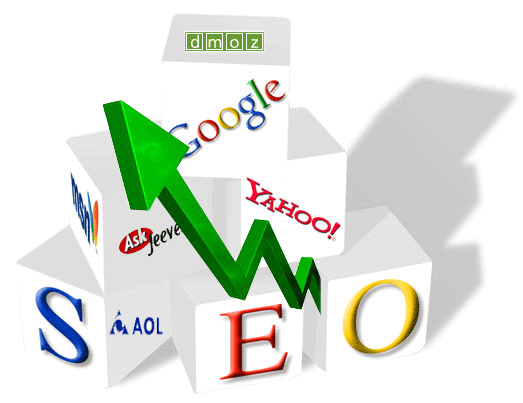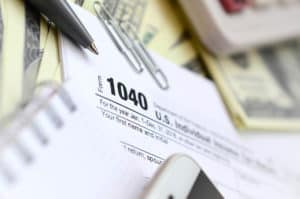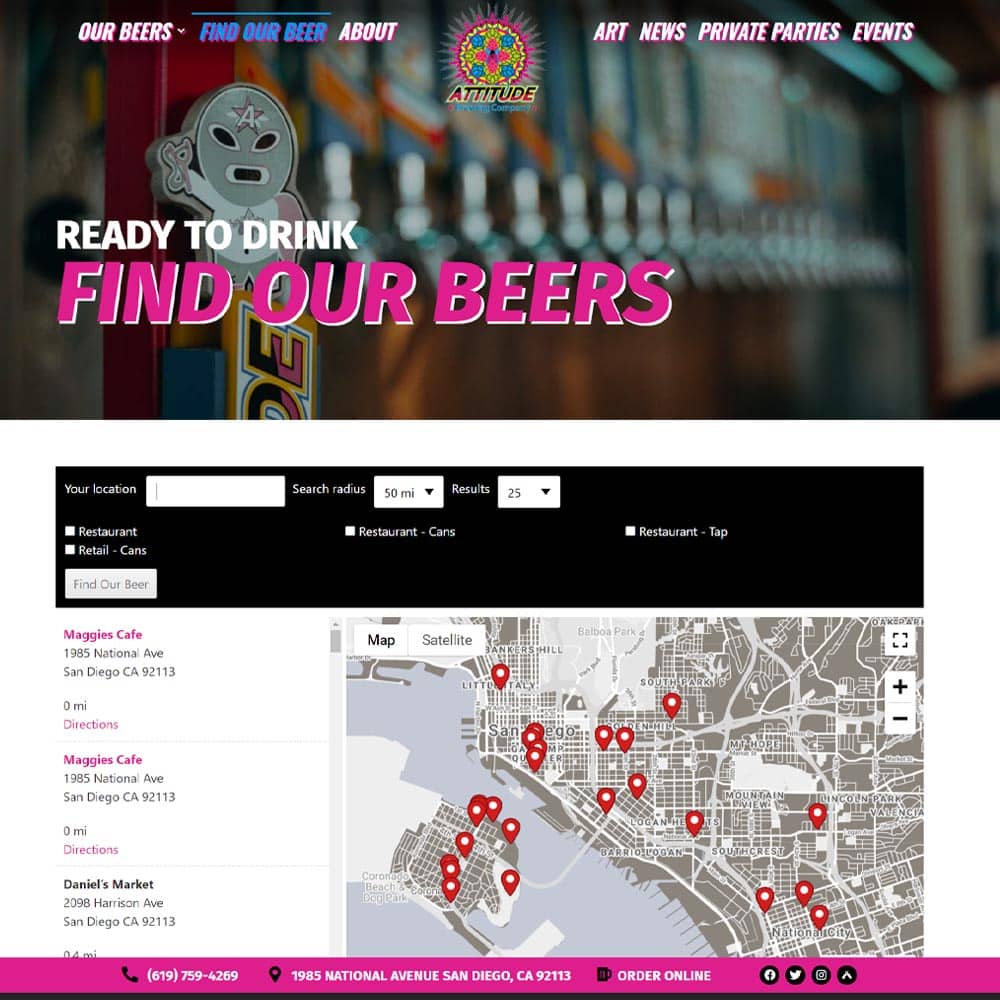
Knowledgeable marketing people know that “Local Search” results are the most important, and most efficient means of marketing a small business.
Business today is rabidly competitive. Having a major presence on the Internet is not an idea to be “tested”. It is proven to be a necessity to compete on the local level.
Small businesses can achieve a generous amount of effective presence on the Internet leading to solid placement in local searches. Following are some marketing tips so that your small business can more easily generate leads from the Internet. They relate to:
- Web site
- Google Place Page
- Facebook Page
The concept of local search is for your business to show up in the first page of a search when a potential customer is looking for your services or products in a specific geographic location. To show up in the top tier of a local search on the Internet is sort of like calling your company “AA Able Stationary” so that, were it about 30 years ago your business would be one of the first found in the Yellow Pages under stationary.
Web site
Every business competes for high ranking in local search in their specific business indsutry. Companies employing marketing best practices know that for a laser-like marketing campaign, nothing is more efficient than the Internet for finding potential customers at the local level. Savvy marketing people know that print, radio and even TV cannot target customers as efficiently as the Internet. Where finding a business was once relegated to using only classifieds, paging through a phone book or looking through the Sunday paper ads, consumers now also use their mobile devices or home computers to find businesses in their community. The first important thing is to be sure that your website has been optimized for local search.
Have your address on every page. If you are near a landmark–say so: 123 Main Street, opposite the Anytown Post Office; is much better than the business address alone. Include a link to a map and directions.
Contrary to common wisdom, use of keywords frequently does not increase your chances of achieving a high search engine result (SER). In fact, it may harm your site’s ranking. Google, Bing and other search engines use sophisticated search engine algorithms when carrying out a user’s search. Where once key words were king for reaching high SER, that is no longer true. Today these secret algorithms look for a sprinkling of relevant key words, and large doses of descriptive, original content, as well as Meta tags. Key word stuffing is no longer rewarded and can even be penalized.
Google Places Page
Google helps local merchants with a free service called Google Places (formally Google Pages). At no charge merchants may register their business, upload some text about the business, link to your website, link to a map and directions and read ratings from patrons who have visited your business. Customers will rate and review your business through Google+ Local. You can promote and link to your Google+ page on your website, and any other online marketing collateral.
Facebook Fan Page
Social media is the most contemporary marketing technique available. To participate you need to post a business page on Facebook to reach your geographic market. Provide fans and “likes” with a reason to keep coming back such as exclusive “flash sales” or fan page only specials and deal coupons only available on the fan page with a short shelf life. It’s important to promote your Facebook page on your website, and you can even run ads on Facebook to target a specific demographic or geographic location.
Having and maintaining an Internet presence is hard work, but it will definitely pay off when done correctly.







